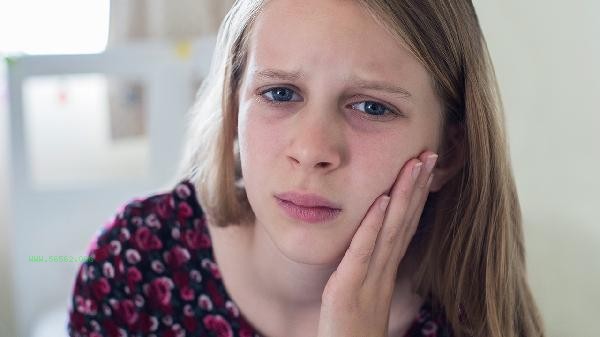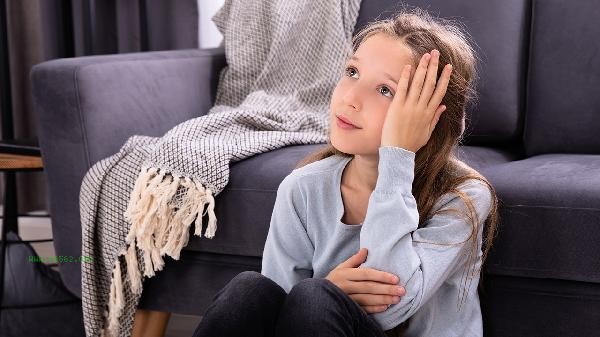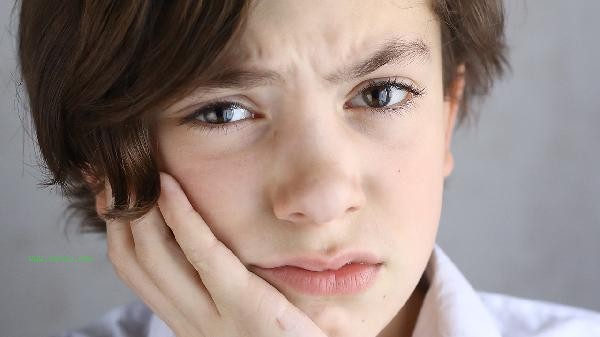Children usually need to avoid certain foods after taking insecticides to avoid affecting the efficacy or increasing gastrointestinal burden. Insecticides are mainly used to drive away intestinal parasites such as roundworms and pinworms. During medication, it is important to maintain a light diet and avoid oily, spicy, and high sugar foods.

Within two hours after taking insecticide, one should fast to avoid food interference with drug absorption. On the day of medication, avoid high-fat foods such as fatty meat, fried foods, and cream products. Fat may promote drug dissolution but delay intestinal absorption. Spicy and stimulating foods such as chili peppers, ginger, garlic, etc. may irritate the gastrointestinal mucosa and, when combined with medication, can easily cause abdominal pain. Sweet foods such as cakes and candies may alter the intestinal environment and affect the effectiveness of deworming. Raw and cold foods such as iced drinks and raw fish slices may exacerbate gastrointestinal discomfort.

Some children with special constitutions need to extend the duration of dietary restrictions. Children who are sensitive to drug ingredients are recommended to maintain a light diet for three days after taking the medication. Children with chronic gastroenteritis should avoid coarse fiber foods such as celery and bamboo shoots to prevent intestinal mechanical irritation. Children with allergic constitution should avoid eating easily allergenic foods such as seafood and mangoes to reduce the risk of allergic reactions. When taking certain types of insecticides, it is necessary to strictly avoid consuming alcoholic foods or beverages according to medical advice. In addition to dietary control, parents should pay attention to observing children's reactions after taking medication. If symptoms such as persistent abdominal pain, vomiting, or rash occur, seek medical attention promptly. It is necessary to cultivate hygiene habits such as washing hands and not biting nails before meals in children, and regularly change underwear and bed sheets. It is recommended to perform routine deworming every autumn, but the specific frequency of medication should follow the guidance of a pediatrician. During the medication period, it is recommended to supplement foods such as pumpkin seeds and carrots that help eliminate parasites in moderation, but they cannot replace medication treatment.









Comments (0)
Leave a Comment
No comments yet
Be the first to share your thoughts!